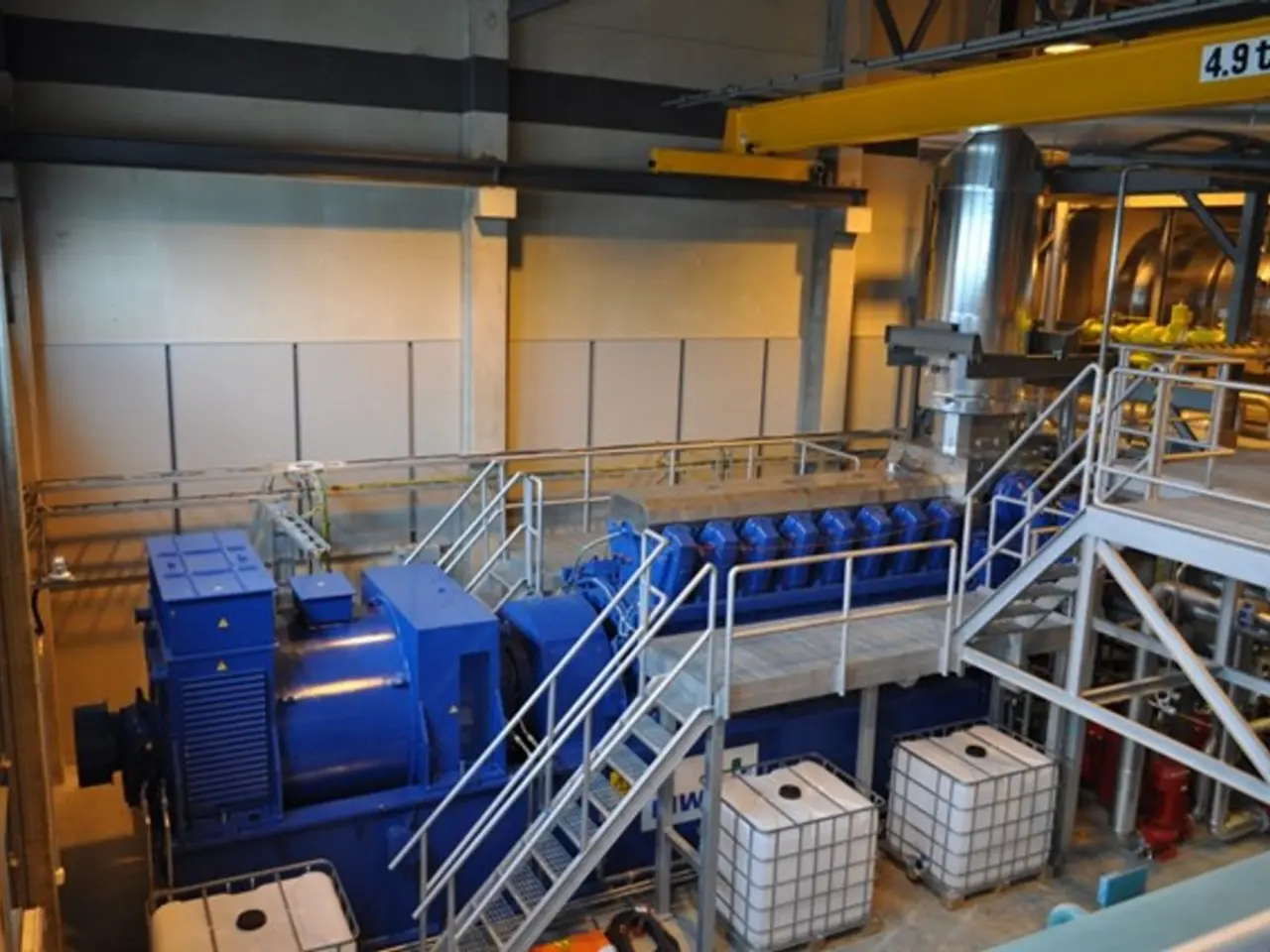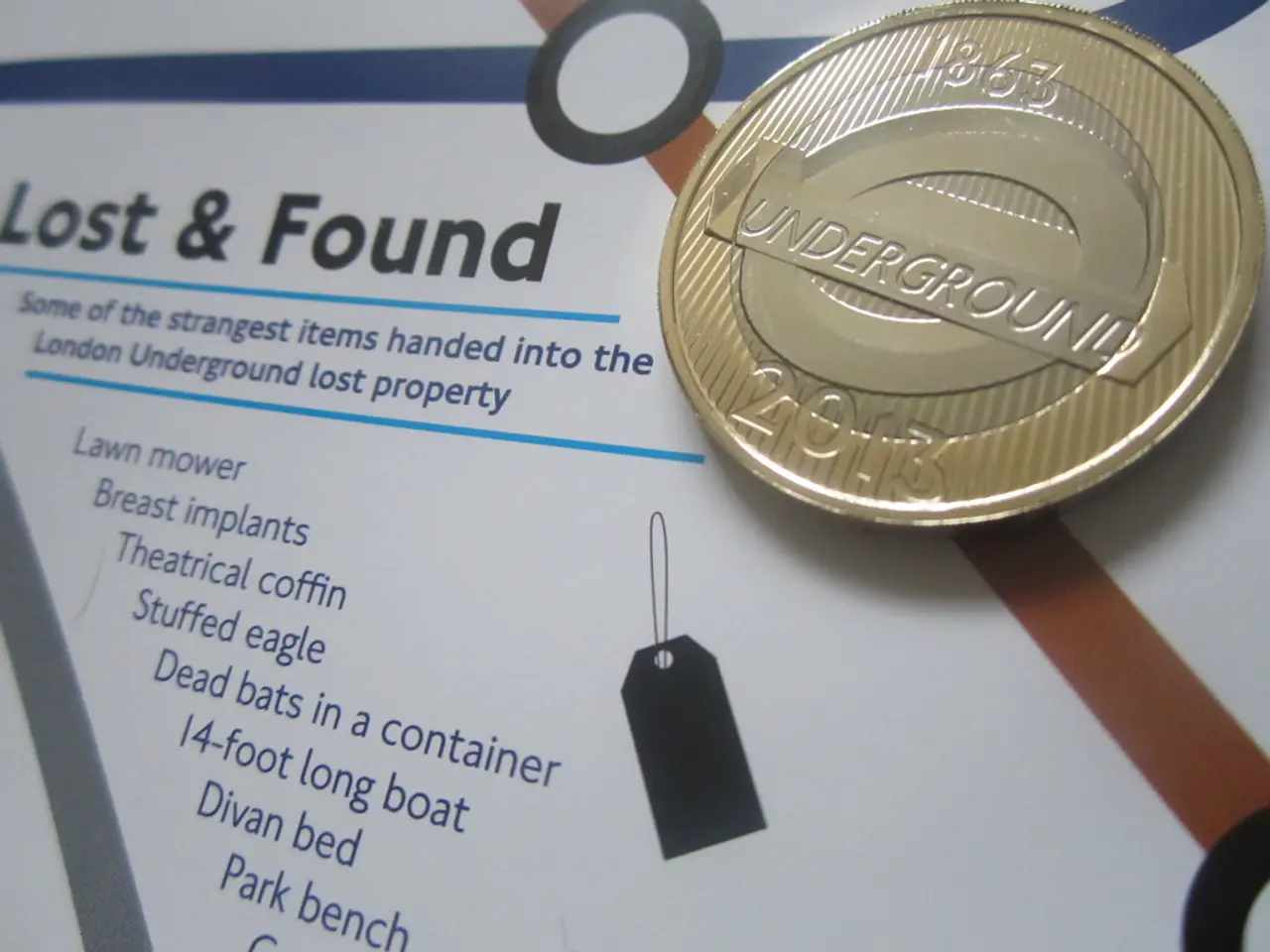Costly coffee under scrutiny: NRW Auditors voicing disapproval over unnecessary expenditure
In North Rhine-Westphalia (NRW), a controversy has arisen regarding the cost explosion in the Innovation Lab of the NRW police, primarily due to the implementation of Palantir's data analysis software. This technology project has sparked concerns about escalating expenses, financial planning difficulties, and data protection violations.
The recent debate in NRW revolves around the high and potentially uncontrolled costs associated with the Palantir software, as well as the software's data analysis practices that have raised legal and constitutional concerns for innocent individuals. The political landscape in NRW reflects deep divisions about funding priorities and the transparency of expenditures within the police innovation initiatives.
Beyond the Innovation Lab, the state's broader financial planning is also under scrutiny. The NRW government, like others, grapples with balancing investments in cutting-edge technology with legal compliance and data protection obligations. These fiscal strains are exacerbated by political polarization on the issue: while some parties support expenditures on tech modernization for law enforcement, others oppose due to both cost and privacy concerns.
The controversy encompasses several key issues: excessive and growing costs in the Innovation Lab’s use of advanced AI software (Palantir), legal and constitutional complaints against the software’s data analysis practices, political conflicts affecting budget decisions, and challenges in the state’s financial planning to manage innovative but expensive technology projects within legal frameworks and fiscal responsibility.
The State Audit Office has highlighted several questionable expenses, such as the procurement of a kitchen for 35,000 euros, a coffee machine for 14,600 euros, and two chairs for around 6,000 euros each. The Audit Office criticizes the "completely out-of-control cost development" and notes that an economic feasibility study was not available.
Moreover, the planning of prison transports in NRW is neither coordinated nor economical, according to the State Audit. NRW maintains eight transport authorities in addition to a central office for prison transports, and the required data for prison transports is not digitized in NRW. The Ministry of Justice plans to review the entire prison transport system in the state.
The debt level in NRW is at a very high level of almost 163 billion euros, and the State Audit Office President, Brigitte Mandt, has warned against slackening in savings due to the easing of the debt brake. An additional take-up of around 2.1 billion euros in cyclically adjusted loans is already planned this year, and Mandt has compared the new debt option to a "poisonous temptation."
As the controversy surrounding the Innovation Lab continues, calls for greater transparency and better financial controls over Innovation Lab projects to prevent budget overruns and ensure responsible use of public funds grow louder. The need for a balanced approach between technology investments, legal compliance, and fiscal responsibility becomes increasingly apparent.
[1] Source: Various news outlets and State Audit reports.
The controversy in NRW extends beyond the Innovation Lab, involving questions about the state's financial management, particularly regarding investments in advanced technology like Palantir's data analysis software. The state's financial planning, including the allocation of funds for such projects, is under scrutiny due to concerns about escalating costs, legal compliance, and data protection obligations.
Given the high debt level in NRW and the growing calls for transparency, there is a pressing need for a balanced approach in managing public funds, ensuring fiscal responsibility while maintaining investments in cutting-edge technology for law enforcement.




